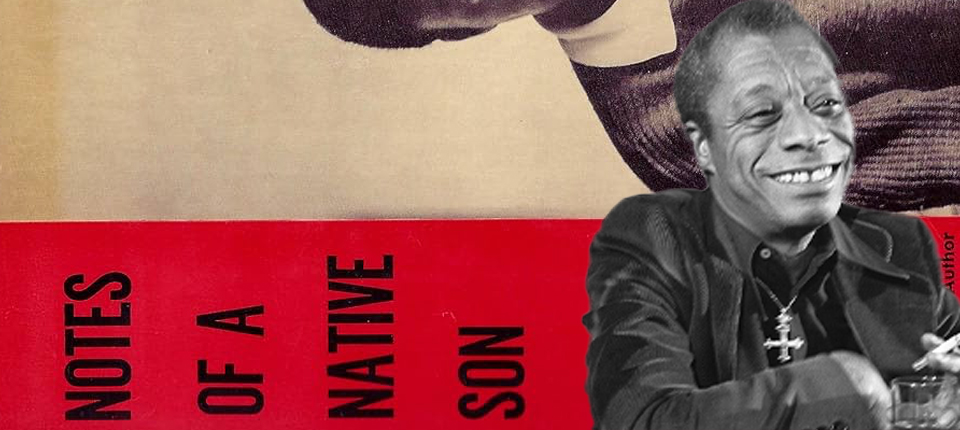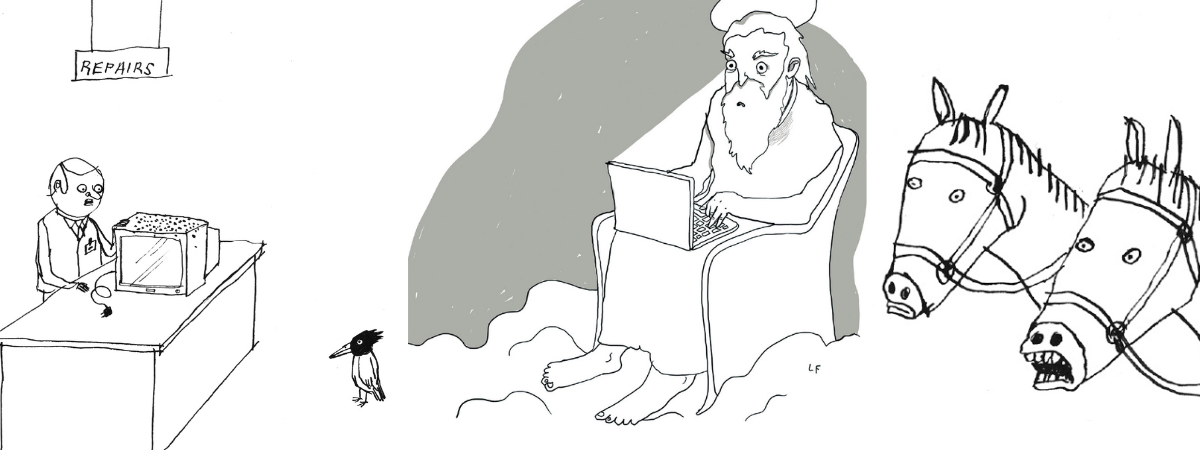Is the Booker prize bad for literature? Of course it is. We don’t speak here of our own view on the matter but that of Nicolas Lagios and Pierre-Guillaume Méon – two economists who have studied the literary prize phenomenon.
As if timed to cause mischief, some interesting research by these two academics appeared earlier this year (as a working paper published by the independent research network CESifo), around the time that the Booker announced its shortlist. The paper’s title? “A Matter of Taste: The negative welfare effect of expert judgments.” For the benefit of those readers who don’t have time to read the paper in full, via CESifo’s website, we quote from its abstract:
We study how experts influence consumer behavior and welfare by focusing on the Booker Prize. Leveraging the discontinuity created by the attribution of the prize, we show that readers receive the signal sent by the jury of the Booker and are persuaded to buy the awarded book but experience lower satisfaction due to a misalignment between their tastes and those of the jury.
In other words, as the Booker Foundation is fond of pointing out, a book that wins this particular award is going to enjoy a vast increase in sales. Raking through the available data, Messrs Lagios and Méon put that increase at 99 per cent “in the first 10 days” after the announcement and 27 per cent “over the course of a year”.
So much for sales. What about the buyers? Their dissatisfaction may be deduced, we gather, via customer reviews on Amazon. That’s a sample of 9 million reviews (by the kind of readers, that is, who can be bothered to report back to other readers in this way). “In line with the presumption that experts may redirect consumers to products that they do not enjoy, we observe that the Booker increases the probability of a book receiving a negative review and decreases its rating.”
Further tests and investigations in different directions support this general claim. A survey of 1,000 American readers, for example, reveals that almost half of the respondents could be influenced into buying a book by a prize – but at least as many had been disappointed “sometimes” by the purchase in question. Make that 60.6 per cent of respondents if you include those who have been disappointed “often”.
Strangely enough, the co-authors of “A Matter of Taste” conclude, consumer satisfaction rises when the judges on the jury appear to share something in common with consumers. “Cultural proximity”, to use their term, may be framed in terms of some “easily observable socio-demographic characteristics”, such as the judges’ age, country of birth and education level. As far as we can make out, cross-referencing these characteristics against how highly rated the winning books are leads to the conclusions that “a jury exhibiting a higher age dispersion is likely to cater to the tastes of more age groups” and that “a higher share of members born outside England is likely more representative of consumers”. Booker juries with “a higher share of postgraduates”, however, tend to be “more disconnected from the average reader’s tastes and thus to affect reviews more negatively”.
We are indebted to a third economist for pointing us in the direction of this engrossing piece of research: Al Slivinski, Professor Emeritus in the University of Western Ontario. “I stress that the paper has yet to be peer-reviewed”, Professor Slivinski writes, so the numbers quoted above could be “well, completely wrong, really”. This minor detail aside, perhaps it is time for “other literary awards to be subjected to the same keen analysis”: “Knowing which prize announcement causes the greatest harm seems an important matter, no?” It does. We suspect that some are a lot more harmful than others.
Apart from failing to judge any literary prizes to the satisfaction of the economist in the street, what else are literary academics guilty of? Climate denialism, according to George Monbiot.
This month’s United Nations conference on the climate crisis, COP29, prompted the Guardian columnist to invite his readers to imagine “an all-seeing eye in the sky, looking down on planet Earth”. Besides “ice caps shrinking” and “deserts expanding”, this eye would spy out governmental failures to act and policy-makers saying one thing while doing another. Then, bizarrely, it would turn to the Bodleian Library in Oxford, seeking out “some of the greatest minds of their generation”, and it would find someone “completing their PhD thesis about someone else’s commentary on the Dithyrambs of Pindar”. And then it would spy another great mind “working on the eighth biography of a lesser-known member of the Bloomsbury group”. This is a disaster – what are all the great minds doing? “The eye rolls.”
As others have noted, this is odd stuff. We have no desire to work on someone else’s commentary on the Dithyrambs of Pindar or the ninth, tenth or even eleventh biography of any member of the Bloomsbury Group. Nor can we imagine being admitted into the august precincts of the Bodleian to pursue such arcane researches. But we are not sure why a postgraduate student couldn’t be committed to both the study of Saxon Sydney-Turner and fighting climate change. Isn’t there such a thing now as “environmental humanities”? They also study that in Oxford, we hear.
This spat is modestly notable as one being played out on the alternative platform to Elon Musk’s X. “I understand (and expected) this [backlash]”, Monbiot writes on his Bluesky account. He describes himself as “mad about literature” – and quotes from The Waste Land to prove it – but madder still about those people who “ignore the utter desecration of the living world”. That means people suffering from an “obsession with [the] Bloomsbury Group”, apparently. Maybe Monbiot needs his eye checked. And maybe Bluesky is now the place to continue such discussions – assuming that you’re not too busy working on your pointless thesis.
To be auctioned on December 6: Raymond Chandler’s typewriter. An Olivetti Studio 44, this rather smart machine, complete with its original red travel case, was purchased by the novelist in the early 1950s; according to the New York auction house Doyle, it incorporates keys “likely special ordered by Chandler to include the foreign accent marks” he would have required. Apparently he wrote Playback (1958) on this machine. He certainly approved of it, as a letter of this period suggests:
I am apt to get up around 4am, take a mild drink of Scotch and water and start hammering at this lovely Olivetti 44, which is far superior to anything we turn out in America. It is a heavy portable and put together like an Italian racing car, and you mustn’t judge it from my typing …
The Chandler typewriter is estimated to sell for $10,000–$20,000. Other items going under the hammer include the manuscript and typescript of an early poem called “The Magic Shop” ($1,000–$1,500) and three photographic portraits of Chandler made by John Engstead ($200–$300), including the one reproduced above, featuring the author’s cat, Taki.
The post The jury’s out appeared first on TLS.

 By Times Literary Supplement | Created at 2024-11-19 13:44:10 | Updated at 2024-11-21 12:18:08
1 day ago
By Times Literary Supplement | Created at 2024-11-19 13:44:10 | Updated at 2024-11-21 12:18:08
1 day ago








